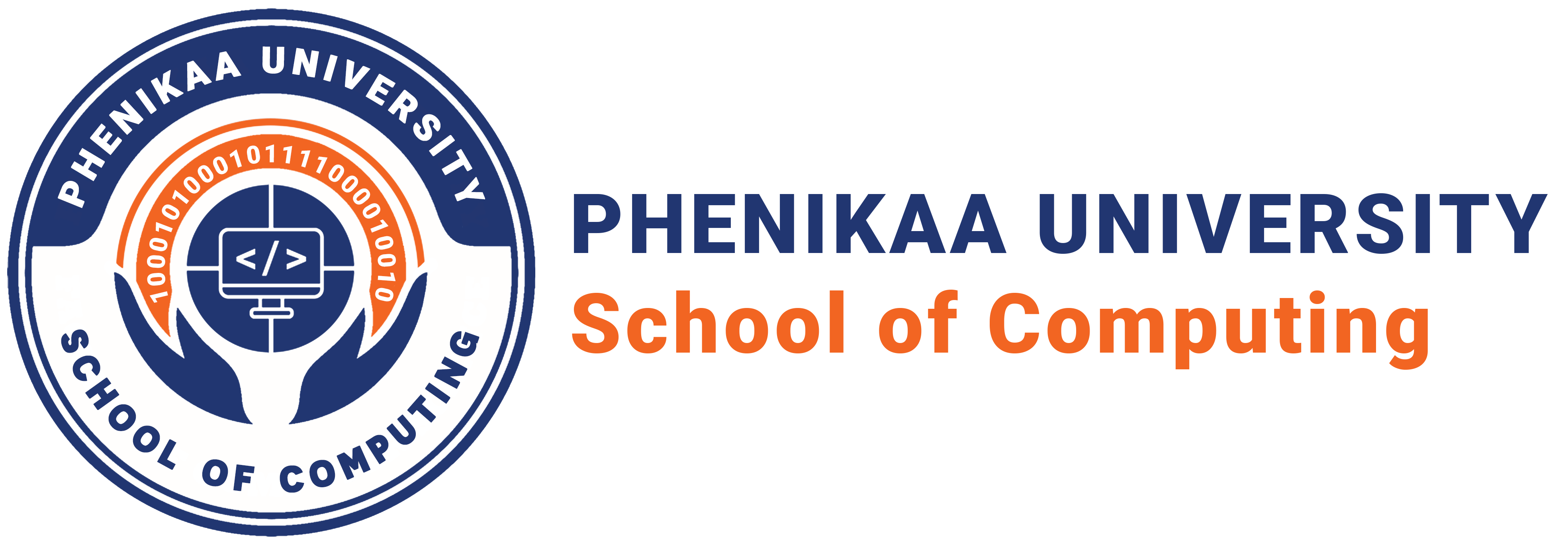Cử nhân Khoa học Máy tính

Cuộc sống của sinh viên ngành Khoa học Máy tính
Học tập những tiến bộ mới nhất trong trí tuệ nhân tạo (AI) và máy học. Làm việc cùng các chuyên gia hàng đầu trong lĩnh vực phần mềm và AI. Đó chỉ là một vài trong số rất nhiều cơ hội mà bạn sẽ có khi trở thành sinh viên ngành Khoa học Máy tính tại PU.
Với chương trình đào tạo được xây dựng dựa trên nghiên cứu chuyên sâu về thị trường việc làm trong nước và quốc tế, ngành Khoa học Máy tính của PU mang đến một nền giáo dục hiện đại, chú trọng tính ứng dụng và chất lượng kỹ thuật. Được thành lập vào năm 2008 và tái cấu trúc toàn diện vào năm 2021, chương trình thể hiện cam kết của PU trong việc cung cấp một nền giáo dục chất lượng cao, mang tính toàn cầu. Chương trình được xây dựng trên nền tảng vững chắc về toán học, khoa học và khoa học máy tính, và phát triển sâu vào các chuyên ngành nhằm trang bị cho sinh viên kiến thức và kỹ năng cần thiết trong một thế giới công nghệ đang không ngừng thay đổi.
Mục tiêu cuối cùng của chương trình Khoa học Máy tính là đào tạo những chuyên gia công nghệ có sự nghiệp thành công và bền vững. Sinh viên tốt nghiệp từ chương trình đã và đang làm việc tại nhiều công ty hàng đầu tại Việt Nam và quốc tế. Phương pháp đào tạo dựa trên dự án giúp bạn xây dựng một hồ sơ năng lực (portfolio) ấn tượng, có thể sử dụng để gây ấn tượng với nhà tuyển dụng – dù bạn theo đuổi con đường trở thành kỹ sư AI hay lập trình viên phần mềm.
Một sự nghiệp trong lĩnh vực Khoa học Máy tính mở ra cơ hội để bạn tham gia kiến tạo tương lai. Hành trình học tập tại PU sẽ là nền tảng vững chắc để bạn phát triển trong lĩnh vực công nghệ tiên phong
Nâng cao trí tuệ nhân tạo và khoa học dữ liệu
Giải quyết các vấn đề thực tiễn bằng thuật toán
Xây dựng chuyên môn với chương trình học được thiết kế bài bản
Chương trình Khoa học Máy tính của chúng tôi được thiết kế nhằm mang đến cho sinh viên sự linh hoạt trong việc phát triển chuyên môn phù hợp với nhiều lĩnh vực nghề nghiệp khác nhau.

Trí tuệ nhân tạo và Khoa học dữ liệu
Trang bị nền tảng vững chắc về học máy cùng kiến thức nâng cao về trí tuệ nhân tạo và khoa học dữ liệu.
Sinh viên sẽ học cách thiết kế các hệ thống thông minh có khả năng cảm nhận, suy luận, học tập và ra quyết định.
Các học phần xây dựng chuyên môn bao gồm: Trí tuệ nhân tạo, Học máy, Xử lý ngôn ngữ tự nhiên, Thị giác máy tính và Khai phá dữ liệu.
Thông qua các mô-đun học tập dựa trên dự án, sinh viên sẽ phát triển các giải pháp thực tế nhằm giải quyết những thách thức trong thế giới hiện đại — từ phân tích dự đoán đến các hệ thống tự động hóa.

Quản lý và Kỹ thuật Dữ liệu Lớn
Nghiên cứu các nguyên lý nền tảng về lưu trữ, quản lý và xử lý khối lượng dữ liệu khổng lồ được phân tán trên nhiều hệ thống khác nhau.
Sinh viên sẽ học cách xây dựng các hệ thống phân tán hiệu quả, có khả năng xử lý dữ liệu thời gian thực với quy mô lớn, phục vụ cho khai phá dữ liệu và học máy.
Các học phần tiêu biểu trong lĩnh vực này bao gồm: Tích hợp và Phân tích Dữ liệu Lớn, Học sâu, Lập trình song song, và Điện toán đám mây.

Kỹ thuật và Đổi mới Sản phẩm AI
Nghiên cứu quy trình xây dựng các sản phẩm ứng dụng trí tuệ nhân tạo từ ý tưởng đến triển khai thực tế.
Sinh viên sẽ được học về quy trình xử lý dữ liệu (data pipeline), hạ tầng điện toán đám mây, và kiến trúc AI có khả năng mở rộng.
Các học phần cốt lõi bao gồm: Phát triển Sản phẩm AI, Điện toán Đám mây cho AI, và Thiết kế AI Lấy con người làm trung tâm.
Sinh viên còn được tích lũy kinh nghiệm thực tiễn thông qua các dự án liên ngành theo nhóm, mô phỏng môi trường làm việc trong doanh nghiệp và khuyến khích tư duy khởi nghiệp.

